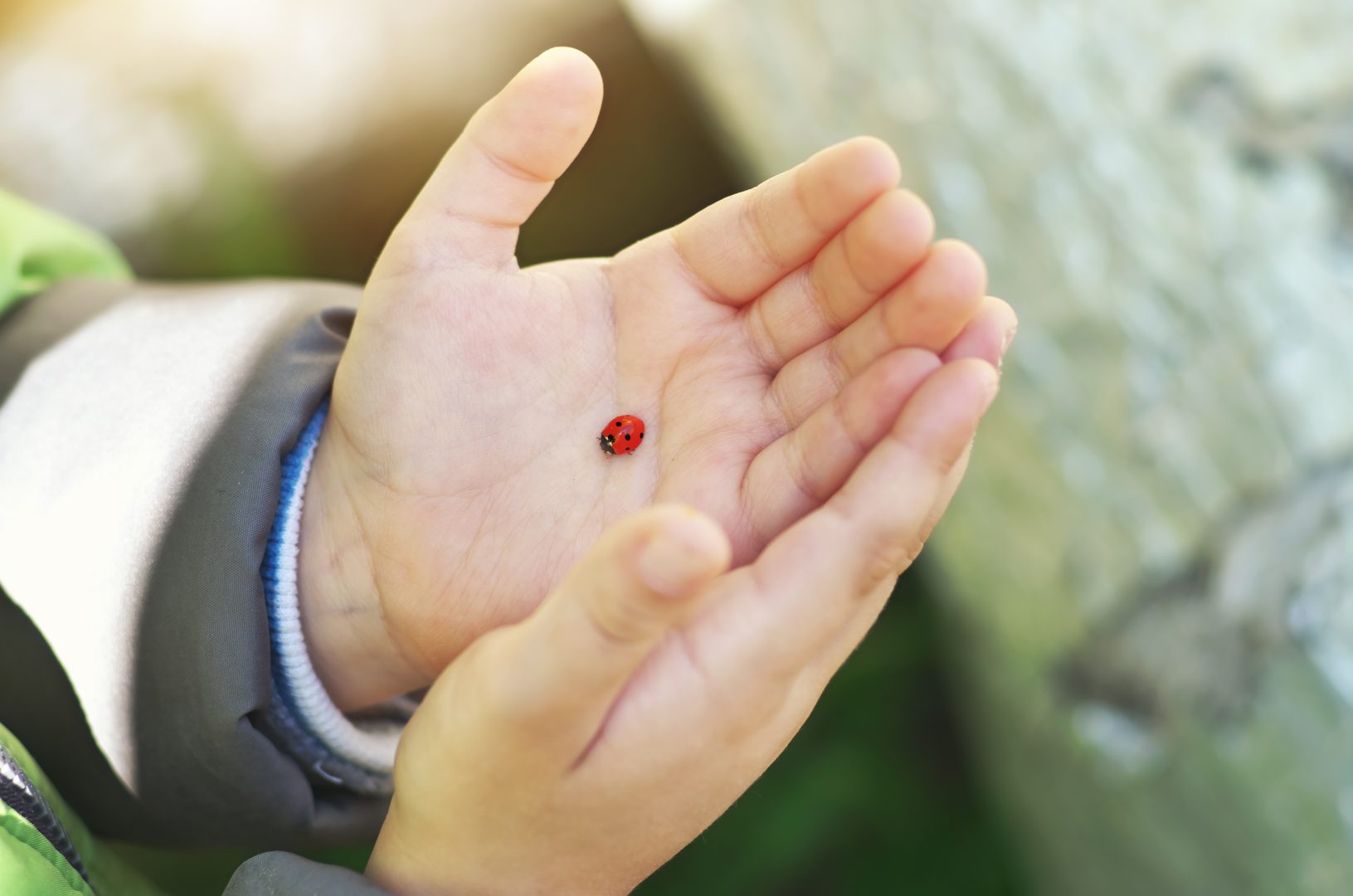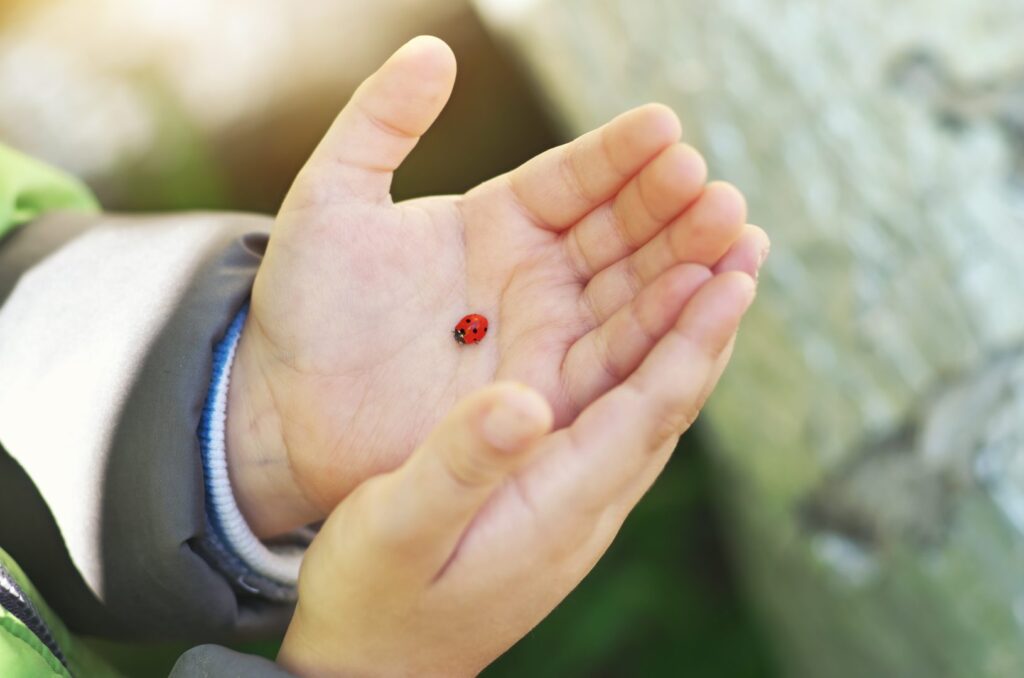Finding Gratitude and Trust in Life

To some, a title like “Gratitude and Trust in Life” might seem incredibly shallow. They might feel that an approach to life that involves “gratitude” isn’t really compatible with /a-midlife-transition.

“Oh, come on!” we might imagine such people saying, “as a Jungian /a-midlife-transition, you should be in touch with the full range of human experience, not split off and focusing on ‘gratitude’! Human life involves so many ups and downs! Isn’t an approach that emphasizes gratitude or trust in life naive?”
It might seem so, yet trust in life is absolutely vital. Of course, it is important not to be gullible or naive. I’m sure each of us could relate cautionary tales of situations where well-meaning people have been too trusting, and have paid a terrible price. Quite possibly, we’ve had such experiences in our own lives; if so, it’s essential that we process them (and we might want to do that in therapy). But it’s also essential for our survival that we are able to act out of our trust in life.
The Essential Nature of Trust in Life
Always smile back at little children…To ignore them is to destroy their belief that the world is good.
~Website of the Buffalo Speech and Hearing Centre
I came across this remarkable quotation on a website of a speech and hearing clinic in Buffalo. Perhaps it seems unrelated. Yet, I think it’s essential to realize how crucial it is for us in our human development to get to the feeling and belief that the world is good and trustworthy. For psychosocial theorist Erik Erikson, the very first stage of the individual’s development is the stage of trust vs. mistrust. One of our first life challenges is to develop enough trust in the world to enable us to explore beyond our initial caregiver with a sense of trust. We need that trust to sustain us—even when we feel threatened.
We need to get to the place where we have enough experience of the goodness of life that we expect to find that goodness when we encounter new situations. Will we find that in absolutely every new experience that we have? Almost certainly not. But we need to have a belief that the situation will be “good enough”, in most cases that we’ll find it eventually. To have this faith is fundamental to doing the exploration that makes us fundamentally human.
Trust and Gratitude Can be Tough
Just because we get through this early stage of development doesn’t mean that we are done with the whole question of having trust in life. As researchers such as UNC psychiatry professor Stephen Porges have outlined, under threat our nervous system can easily lapse into emergency states. Sometimes situations can seem dangerous, and put our nervous system into the mode where we feel we have to either fight or escape: “fight or flight” mode. At even more intense levels, experiences may put us into immobilization, “shut down” states, or even collapse. Such experiences, however they come about, can be a grave threat to our sense of trust in life.
This matters because of what neuroscientists refer to as “negativity bias”. Our brains have a stronger tendency to remember and carry memories of bad things than good things! This tendency to remember the bad stuff more than the good stuff helped us to survive back to the early days of being human. It was more important to remember where we encountered the hungry sabre tooth tiger than where found the particularly nice berries. That’s because we can always find another berry patch, but one encounter with a sabre tooth tiger might be one too many.
That was then, and this is now, but our brains are still hard wired to cling onto the bad stuff. So, given the negativity bias, how do we find trust in life?
Genuine Gratitude and Its Connection to Trust
Thanks to our evolutionary past, each and every one of us is subject to the negativity bias. Each of us needs to counter it, by focusing our minds on the positive aspects of life, and of our lived experience. We need to be continually bringing ourselves back to the things in our experience that foster trust in life.
If we look at anthropology and early human history, it’s apparent that our human ancestors used specific means to overcome negativity bias, further their trust in life and reduce anxiety. Among other things, they did this through ritual and myth.
In their rituals, early humans gave thanks for the good things in their lives and expressed gratitude for the things that were most valuable to them. It may be invaluable for us to follow them in developing a sense of gratitude for all that is truly good in our lives, whether we give thanks to our particular sense of divinity, or to the universe or to life.
In suggesting this, I’m not suggesting a Pollyanna attitude. There are many things in any human life for which it is hard or impossible to give thanks. We have to acknowledge that, and, in many cases, we need to grieve these things. Yet, if we look, there are many things which do create a sense of gratitude, which perhaps we don’t always acknowledge. Sometimes, if we reflect on it, the “simple” experience of having the opportunity to be alive, to experience life, is awe-inspiring and numinous, to use Jung’s word.
Our ancient forebears also filled their lives with myth, with sacred stories, of the exploits of gods and heroes. They continually recounted these stories to themselves, especially at times of major life transition. In a similar way, we can benefit from recounting and participating in the stories of those who have gone before, and also celebrating the stories in our own lives, of our own capacity, resilience, strength and courage.
Working with a /a-midlife-transition in a supportive relationship may be a key element in getting to gratitude, and in celebrating the gift of our unique and precious lives.
Wishing you every good thing on your personal journey,
